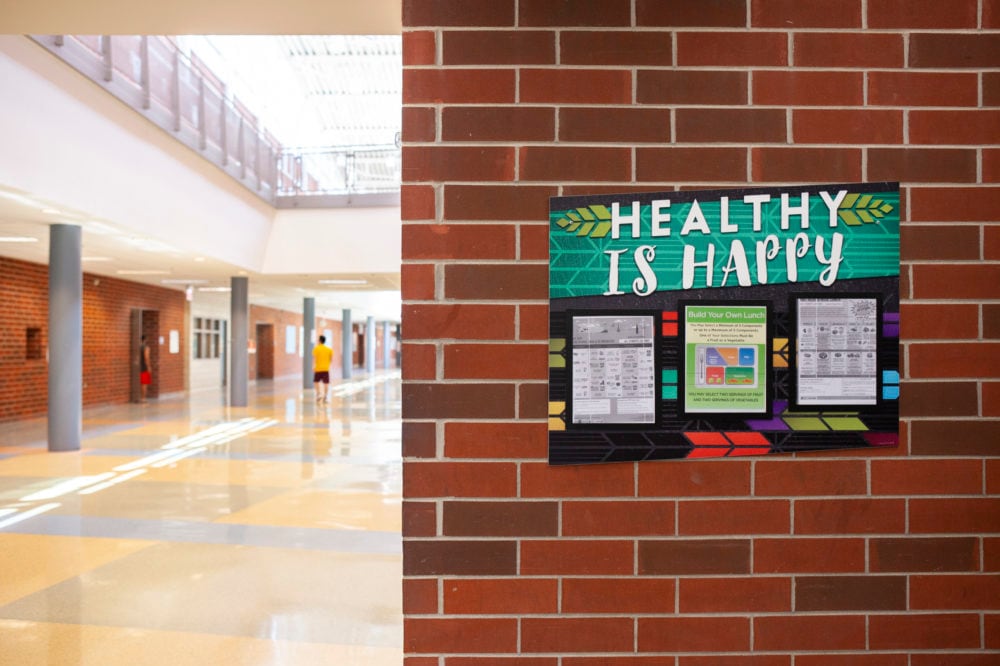Summer school, an integral part of grading and promotion in Chicago schools, will have to take place remotely this year, the Illinois State Board of Education has decided.
The board issued a policy covering schools throughout the state, which remains under stay-at-home orders except for essential services. Gov. J.B. Pritzker has said he will not permit school buildings to reopen until new COVID-19 cases decrease significantly. Even so, some regions may ease shelter-in-place rules later this month.
But state health officials expect COVID-19 cases to peak in mid-June — a projection that means that schools are unlikely to resume in-person classes. Last week, state schools Superintendent Carmen Ayala said that learning might remain remote in the fall, or schools might open and close intermittently.
Until in-person instruction is permitted, the state board of education encourages schools to plan for remote learning in the summer. State officials hope that summer school will help restore learning lost during the spring, for students who didn’t have access to technology and internet access and received an incomplete or low grade because of that.
In Chicago, high school students who are failing or don’t participate in remote learning will be flagged to enroll in summer school or a credit recovery program to advance to the next grade. But the district hasn’t clarified how that will play out yet. The city’s teachers union has criticized the district’s retention plan as inequitable, because students needing to make up credits may also be struggling with tech access.
While the state is not requiring school districts to report attendance or hours, it recommends that school districts take attendance by counting all learning activities required by the course.
Illinois districts are expected to recoup more than $600 million in emergency expenditures related to COVID-19 from the federal government, and those funds can be used to pay for expanded summer learning, said Jackie Matthews, spokeswoman for the state board of education. But the state does expect to expand its usual pool of summer school funding.
The state board of education, which is receiving about 10% of the federal coronavirus stimulus funds earmarked for Illinois, plans to spend its share on grants for laptops, tablets, internet connectivity, professional development and virtual coaching for an estimated 4,000 new teachers the state expects to start in the fall.
Summer school in many districts is covered by union contracts. But in other places, the expanding summer school programs might open more discussions with teacher unions.






